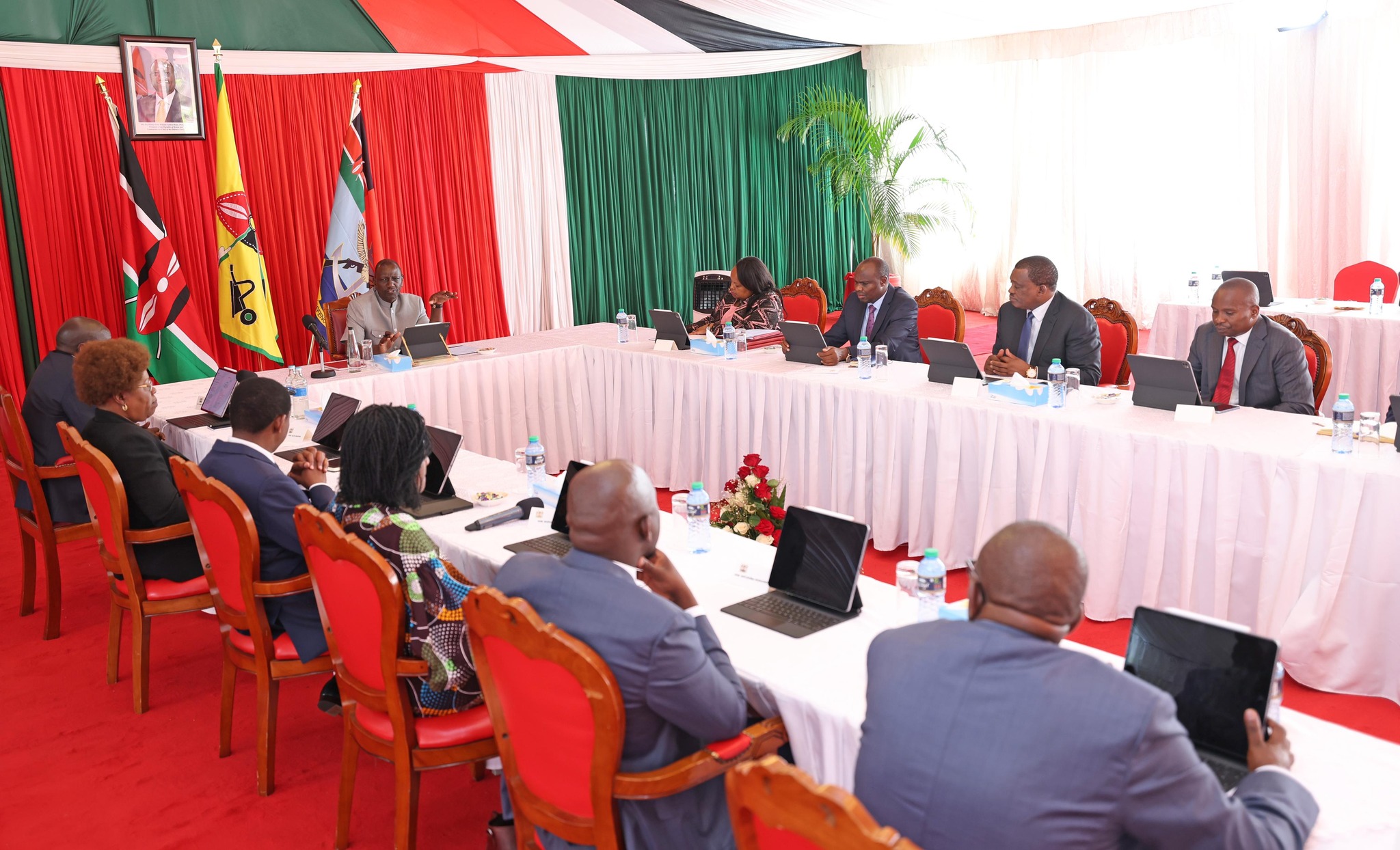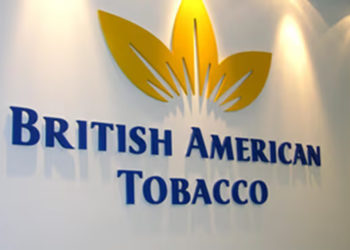The cabinet has approved a new Liquefied Petroleum Gas (LPG) Growth Policy aimed at transitioning households across the country away from dirty cooking fuels like biomass and kerosene to cleaner LPG.
The policy was one of several measures approved during a cabinet meeting in Kisumu chaired by President William Ruto, the third gathering held outside the capital Nairobi as part of his presidential working tours.
The LPG Growth Policy seeks to progressively transition the 70% of Kenyan households currently relying on biomass, kerosene and other dirty fuels as their primary cooking fuel to affordable and safe LPG.
Specifically, the policy will promote distributing subsidized LPG cylinders to low-income households, establishing common-user LPG import terminals, and promoting LPG use in institutions like schools and hospitals.
This will be facilitated through partnerships with finance institutions, LPG industry players, and the Health and Education ministries.
Read more: Ruto signs Privatisation Bill into law
The policy’s regulations will make LPG provisions mandatory for any new housing project approvals, including under Ruto’s Affordable Housing program. Housing developments will require LPG reticulation infrastructure as a prerequisite for approval.
“The Policy provides a pathway for progressively weaning-off the 70% of Kenyan households currently using biomass, Kerosene and other dirty fuels as their primary cooking fuel,” the despatch from the Executive Office of the President stated.
The cabinet said the measures aim to reduce LPG consumer prices, improve public safety and support environmental sustainability and public health.
The session also saw the cabinet approve upgrades to the Gogo hydropower plant along the Kuja River to boost electricity supply and reliability in Western Kenya.
Email your news TIPS to editor@thesharpdaily.com


















